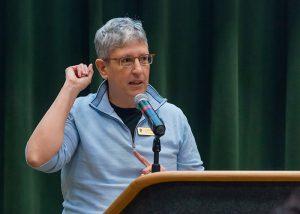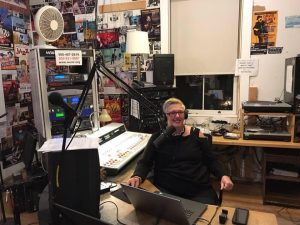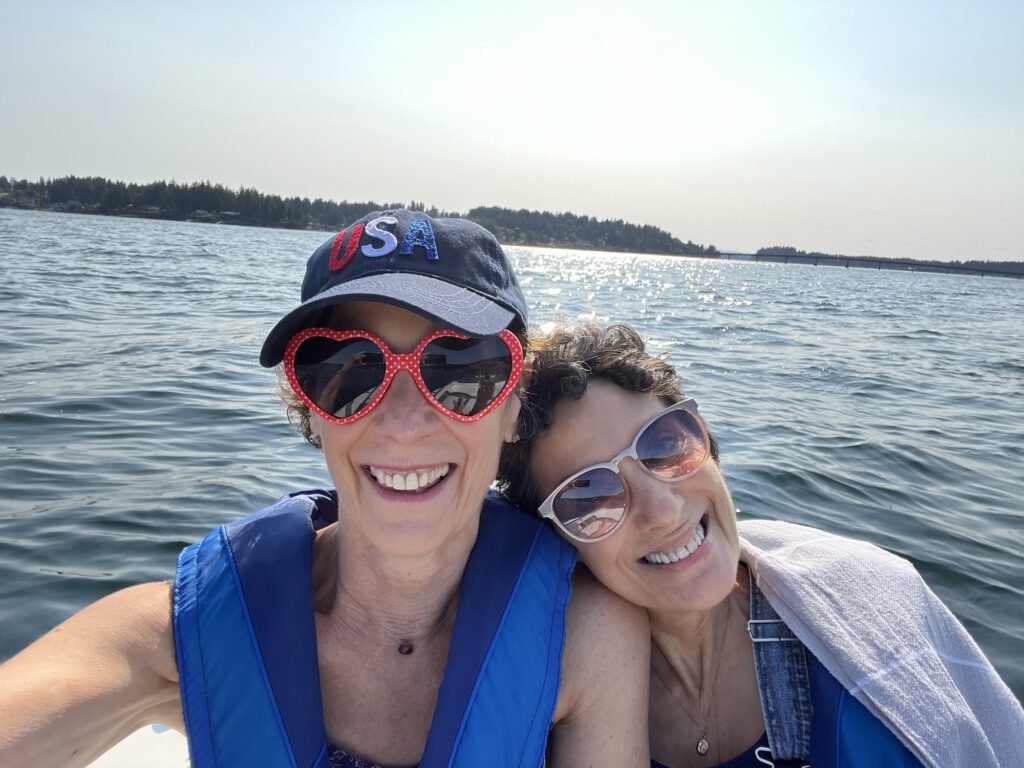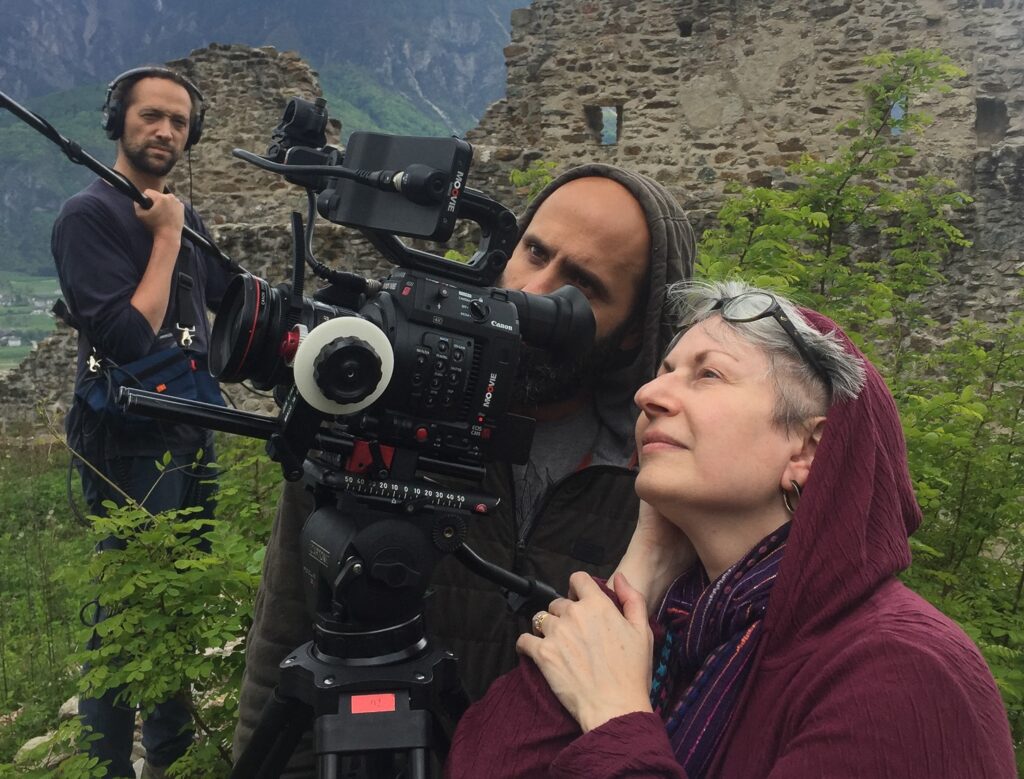Discussing your gender or sexual identity with medical professionals can be fraught. You may experience fear of discrimination or being misunderstood. You may also have a lot of questions: When should you tell them? How should you broach the conversation? Do you even have to disclose this information in the first place?
The answer is yes, because if your doctor knows this information, they can provide you with better care. Members of LGBTQIA+ communities may also be at increased risk for certain health conditions, so it’s important for your doctor to know how you identify. Learn more about how to initiate open communication with your doctor and other medical professionals, and why this is important.
For medical professionals who want to learn more about how to treat your LGBTQIA+ patients, there is free training developed specifically for you in collaboration with the Society of Gynecologic Oncology. The eight modules are each 45 minutes long.




